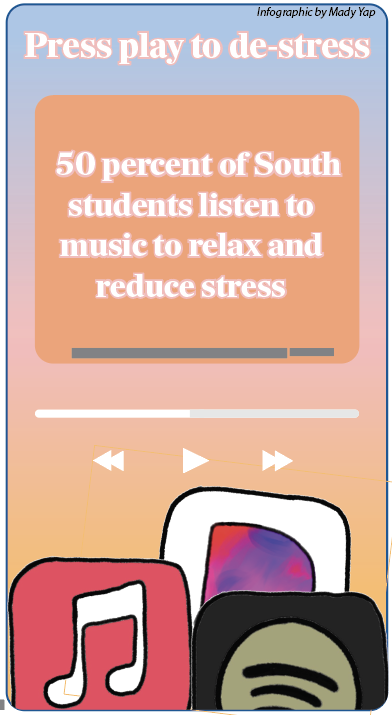The 3:15 bell every Friday marks the start of the weekend, and the last thing on anyone’s mind is homework. Sunday night is the prime time to cram in all homework and essays.
I don’t know about you, but this has happened to me one too many times. If there is one thing I never stopped hearing complaints about in high school, it’s homework.
Homework, obviously, is widely disliked; I constantly hear people complain about their workloads each night, and I definitely include myself in this group. Homework is very stressful and puts a lot of pressure on us students. If so many of us struggle to complete it late into the night, why is this work needed?
According to a 2005 study conducted by Penn State professors, some of the countries that score higher than the U.S. in standardized tests actually give less homework. If the test scores don’t reflect the painstaking work students suffer every night from the vast amounts of homework, it doesn’t seem necessary to assign so much of it.
There needs to be a good school-to-life balance. Having too much homework can take away from other important things in our lives. If students are staying up until 2 a.m. scrambling to finish their homework, they are lacking that balance.
At this point, one reaches a “diminishing return.” This happens after an excessive amount of work time when increased boredom and reduced time spemt on other worthwhile activities begins to impede the benefits of homework on your academic life and end up hurting your personal life, too. Ultimately, homework is the “frenemy” of students—both a help and a hurt.
However, I have to admit that homework has a beneficial aspect. It provides a way for students to practice the skills learned at school, prepare for future tests and retain important knowledge.
Whether we like it or not, homework is likely to stick around. While it helps for practice and improvement, it can become busy work if there is an alarmingly large amount of it. For now, we just have to live with it and work with it.








